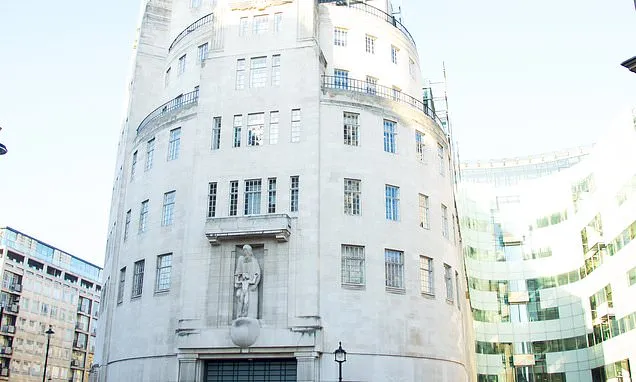A BBC Gaza documentary breached an editorial guideline on accuracy, a report said.
The programme, Gaza: How To Survive A Warzone, was removed from BBC iPlayer in February after it emerged that the child narrator, Abdullah, is the son of Ayman Alyazouri, who held a senior post in the Hamas-run government.
Here are the findings of a report into the programme:
- Failure to disclose information
The BBC breached its editorial guidelines by not informing viewers that the narrator's father has worked as Hamas's deputy minister of agriculture. This omission was considered misleading and a breach of accuracy standards. - Members of the production company knew
The report found that nobody at the BBC knew of the father's position when the documentary first aired, but three people at Hoyo Films, the independent production company which produced the film, were aware. The report does not find that the production company misled the BBC, but said that the firm bears most of the responsibility for the failure. - The BBC was not proactive
The report said that the corporation does bear some responsibility for "not being proactive in the early phase of the project to ensure that the relevant editorial risks were fully discussed and that the production company had the guidance, direction and support it needed". It said that the BBC also had a "lack of critical oversight of unanswered or partially answered questions". - Narrator's role was problematic
The narration was "highly scripted" and carried the right of reply of the Israel Defence Forces, so it was "wrong" to use the narrator as the voice of the programme given his background, the report said. There should have been more comprehensive scrutiny by the BBC about his role earlier in the production process, the report added. - No influence on programme content
There was no evidence that the narrator's family or father influenced the content of the programme. The narrator's scripted contribution did not breach impartiality standards, the report said. - Payment and checks
The narrator received a fee, a phone and a video game gift card which all amounted to £1,817, while £795 was paid to his adult sister. Sanctions checks on the narrator and family found no issues. - No other editorial breaches found
There were no other breaches of the guidelines on issues of due impartiality, language and translation, continuity and editing, fairness to contributors and consent, privacy, harm and offence, and child safeguarding, the report found. The programme contained a range of views and rights of reply and there was no evidence of any outside interests inappropriately affecting the programme. - Recommendations
The report recommended stronger BBC oversight for "higher risk" independent productions, including embedding executives, formal greenlight meetings, improved compliance tracking and enhanced scrutiny of narrators. It added: "It is clear that actioning these recommendations would require more senior executive oversight and scrutiny for the higher-risk projects. This requires consideration of resourcing by BBC News."
